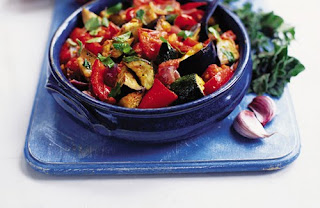Losing weight is hard: Part 2

Here is the update to my post last month entitled " Losing weight is hard ". Through a program of restricted eating and intense exercise, I was able to lose most of my December "Christmas baking" weight: I'm back down to around 160lbs and about 13.5% body fat. Surprisingly, this is still on the high end of normal! Mid-range for my height should be about 155lbs and 12.5% body fat. That will be my goal after we return from the wedding. Even 130lbs would still be in the "healthy" range. I can actually remember quite well when I was 130lbs. It would have been in high school, where admittedly, I was a bit of a beanpole :-) Another interesting chart is my one-year plot (missing the period when the scale was being shipped ): When I look back and see how I was up over 170, that seems so high, but meanwhile it had become the "new normal." It's important to keep things in perspective, and I've found that our Internet scale ...








